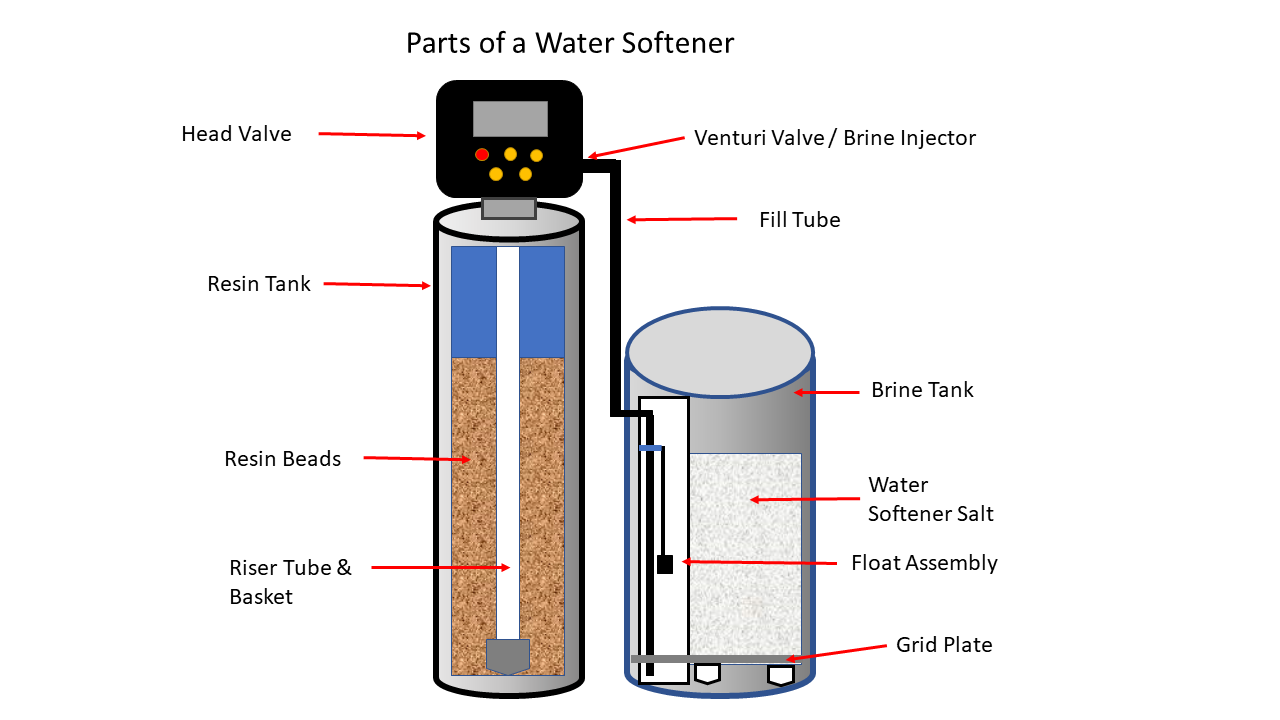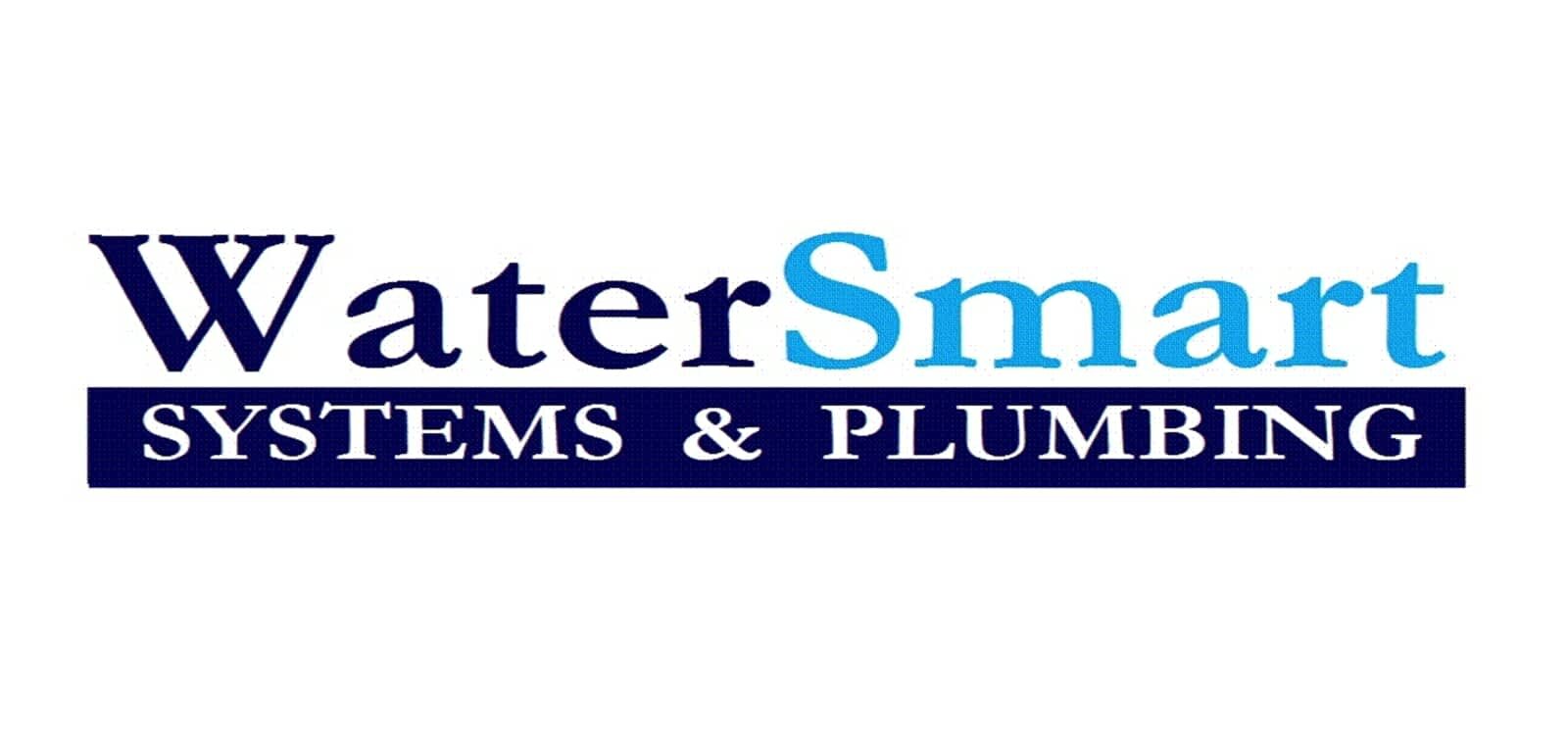If you live in Waterloo, you’ve probably dealt with the challenges of hard water—soap that doesn’t lather, cloudy dishes, and limescale buildup on fixtures and appliances.
With some of the hardest water in Canada, local homeowners often consider installing either a water softener or a water conditioner. But which option is right for you?
This guide explains how each system works, its pros and cons, and provides clear guidance for Waterloo homes based on water test results and household needs.
Whether you’re dealing with hard water, want cleaner drinking water, or need expert plumbing you can rely on, WaterSmart has you covered. Contact us today to get started.
1. Pros and Cons: Water Softener vs. Water Conditioner
Before diving into how each system works, it helps to look at the big picture—here’s a side-by-side comparison of water softeners and water conditioners, highlighting their main strengths and drawbacks for Waterloo homeowners.
2. Which System Is Best for Waterloo Homes?
Choosing between a water softener and a water conditioner in Waterloo isn’t just about personal preference—it’s about dealing with some of the hardest water in Canada.
With hardness levels ranging from 17–38 grains per gallon (gpg), Waterloo’s water supply consistently exceeds the threshold where scaling, soap inefficiency, and appliance wear become serious household issues.
Why a Water Softener Is Often the Best Fit
For most homes in Waterloo, a water softener is the most effective solution. By actually removing calcium and magnesium, softeners provide benefits that conditioners simply can’t match in such extreme conditions:
Complete mineral removal means your pipes, hot water tank, dishwasher, and washing machine are better protected from long-term buildup.
Day-to-day comfort improves, with soap and shampoo lathering more easily and skin and hair feeling softer.
Lower maintenance costs in the long run, since appliances last longer and require fewer repairs.
When a Water Conditioner Might Work
That said, a water conditioner can be a good option in certain situations:
You prioritize eco-friendly solutions and want to avoid brine discharge or high water use.
You don’t mind if water still feels “hard,” as long as scale buildup is reduced.
You’re primarily concerned about appliance protection, not the feel of water for bathing or cleaning.
Keep in mind, though, that with Waterloo’s high hardness levels, conditioners may only provide partial relief. You’ll likely still see spots on glassware, soap inefficiency, and some scale over time.
Balancing Comfort and Sustainability
Some households choose a hybrid approach: installing a traditional softener but only softening the hot water line. This protects appliances and reduces scale where it matters most, while cutting salt and water use nearly in half.
The Region of Waterloo even promotes this strategy as a way to balance comfort with environmental responsibility.
3. How Water Softeners Work
A water softener uses a process called ion exchange to actually remove hardness minerals from your water. Inside the softener’s resin tank, small resin beads carry a sodium or potassium charge.
When hard water flows through the tank, calcium and magnesium ions (the culprits behind limescale) are attracted to the beads and swapped out for sodium or potassium ions.
Once the resin beads are “full” of hardness minerals, the system regenerates. This regeneration cycle flushes the beads with a salt solution (brine), washing the calcium and magnesium down the drain and recharging the beads for the next round.
What This Means for Your Home:
Truly soft water that prevents mineral deposits on sinks, faucets, and shower doors.
Better soap performance — shampoo lathers more easily, laundry comes out cleaner, and you use less detergent overall.
Appliance protection — dishwashers, hot water heaters, and washing machines last longer with fewer breakdowns.
Because Waterloo’s water is very hard, softeners are highly effective here, but they do require regular salt refills and maintenance to keep working at peak performance.
4. How Water Conditioners Work
A water conditioner doesn’t remove hardness minerals — instead, it changes how they behave. The most common technology used is Template Assisted Crystallization (TAC).
In this process, the conditioner converts dissolved calcium and magnesium into microscopic crystals. These crystals remain suspended in the water and are less likely to stick to surfaces, meaning limescale doesn’t form as easily.
Unlike softeners, conditioners don’t require salt or regeneration. They typically run maintenance-free for years, and many models also include carbon filtration to improve taste and reduce chlorine or other contaminants.
What This Means for Your Home:
Reduced scale buildup inside appliances and plumbing, though not fully eliminated in extremely hard water like Waterloo’s.
No salty discharge and little to no maintenance — eco-friendly and convenient.
Same water feel — soap doesn’t lather better, and you may still notice water spots on dishes or glassware.
Conditioners are best suited for households that want a low-maintenance, environmentally friendly option and are less concerned about the “feel” of their water.
However, in Waterloo’s very hard water environment, they may not offer the same level of protection as a traditional softener.
5. Next Steps for Waterloo Homeowners
Understanding the differences between water softeners and conditioners is only the first step. The next step is figuring out what’s right for your household. Here’s how to make an informed decision in Waterloo:
1. Get Your Water Tested
While Waterloo’s water is known to be very hard (17–38 gpg), exact levels vary by neighborhood. A professional water test will confirm your home’s hardness level and detect other issues such as iron, chlorine, or sulfur.
These results will guide system sizing and any additional filtration you may need.
Bring us a sample of your water and we’ll let you know how hard your water is.
2. Define Your Priorities
Ask yourself:
Do you want the soft water feel for bathing, cleaning, and laundry?
Is appliance protection your biggest concern?
Are you trying to reduce your environmental footprint and avoid salt use?
Your answers will narrow down whether a softener or conditioner is a better fit.
3. Consider a Hybrid Approach
For households concerned about both comfort and sustainability, softening only the hot water line can be a smart compromise. This method still protects major appliances like your water heater and dishwasher while cutting salt and water usage significantly.
4. Choose the Right System Size and Features
Water softeners should be sized based on your water hardness, household size, and daily water use.
Conditioners should include reliable scale-prevention technology and, ideally, carbon filtration for better taste and odour control.
Look for NSF-certified systems to ensure efficiency and performance.
5. Work with a Local Expert
Local installers and service providers in Waterloo understand the unique challenges of the region’s water. They can help with proper sizing, installation, and maintenance, ensuring your investment pays off in comfort and efficiency.
Water Softener vs. Water Conditioner: Still Have Questions?
If you’re weighing the benefits of a Water Softener vs. Water Conditioner, our team can help you make the right choice for your Waterloo home. Whether you’re installing a new system, upgrading an older unit, or simply looking for expert advice, we’ll guide you every step of the way.
At WaterSmart, we proudly provide the best Canadian-made water softeners along with professional installations.
Our factory-trained technicians can set up your system quickly and efficiently—and installation is always free when you purchase a new water softener from us.
With local expertise and decades of experience, we’ll ensure you get the solution that fits your water test results, household needs, and long-term goals.
From consultation to installation, we make it easy to enjoy the benefits of clean, reliable water in your Waterloo home.
“Really professional service.
Staff was really friendly
We buy new RO and water softener
Thank you so much
(5 Stars)”





